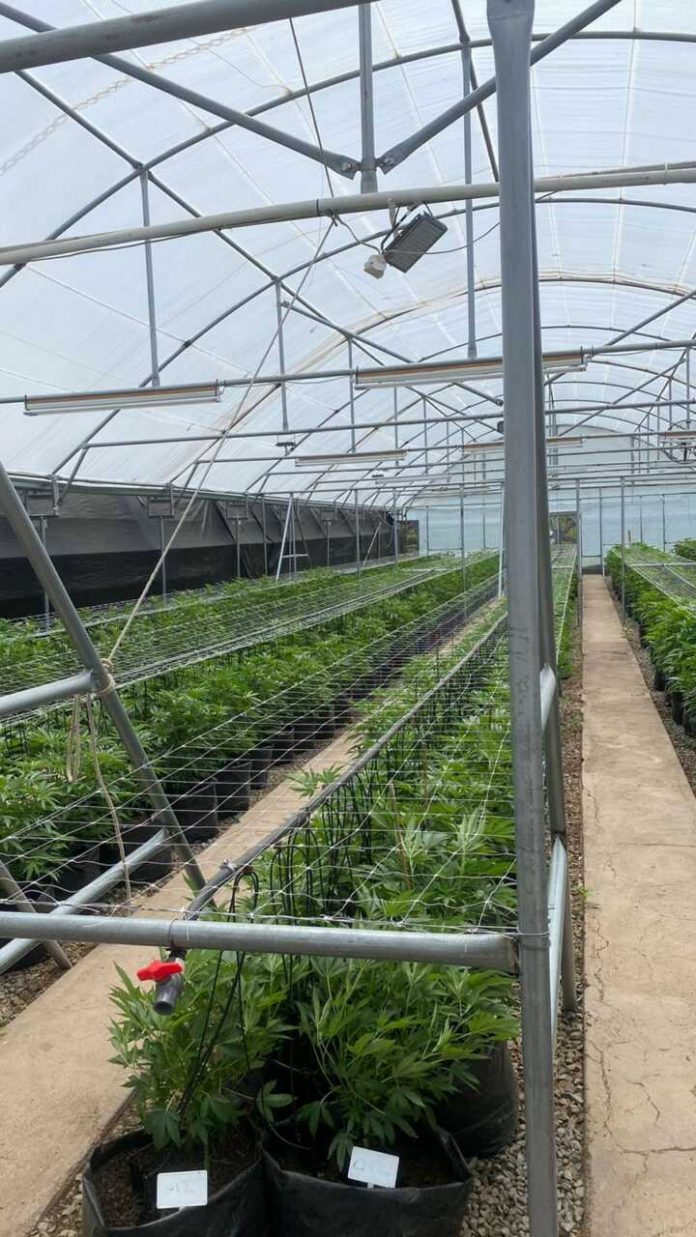Although the brutal killing of the so-called Bergville cannabis warriors is regarded as a turning point in the struggle against the decriminalisation of the ancient herb, not much is known about the martyrs who laid down their lives fighting for their trade to be recognised.
But the local Okhahlamba council in KwaZulu-Natal wants to change the narrative. It plans to bring the stories of the 22 men to life.
On March 21 1957, the villagers under various tribal councils in the area famously called eMangwaneni clashed with apartheid police. They clashed over the cannabis plantations deep in the valleys of the Drakensberg mountains.
Skirmish between police and locals
The villagers had been working the cannabis fields for years. These served as the main source of income for majority of families back then. And suddenly they were ambushed by the police.
During the skirmish between police and locals, five members of the security branch police were killed.
In retaliation, the angry apartheid system hunted the men down. They were bundled into a police vehicle and sent to Pretoria Central prison, where they were later hanged to death.
They were then buried in a mass grave and their families not told where they had been buried.
“Remembering the role played by these brave men is something very close to my heart,” mayor Vikizitha Mlotshwa told Sunday World.
“We regard them as heroes who fought for what was right. They were unfortunately tortured and hanged by the apartheid government. But the giant wall will make sure that their contribution is not erased from the archives of history.”
Mlotshwa prides himself with the fact that when he assumed office as mayor in 2021, he embarked on special task. He sought to embark on the revitalisation of the rural economy.
At the core was acquiring permits to cultivate cannabis on behalf of amakhosi (chiefs). This saw ordinary people using their land, which was lying fallow, to plant hemp and cannabis.
“We started with a pilot project in one tribal council in the area of emaSwazini. And we have already received our first yield. Our aim is to go big and turn the fortunes of Okhahlamba around through cannabis,” he said.
Plans to use the herbs to grow local economy
The municipality has also injected funds into the construction of factories. This is where cannabis will be turned into various products. They will be for use in the domestic and international markets.
Mlotshwa occupies the mayoral seat via the ticket of African People’s Movement (APEMO). He said they were not successful in their bid to repatriate the remains of the dagga martyrs from Pretoria last month. As a result, the municipality will now be erecting a giant remembrance wall.
The memorial wall will have all the names of the men who were killed.
“Our initial plan was to collect their remains so that they would be re-buried in their ancestral land. But the process proved futile. We are now collecting their spirits through conducting rituals presided over by their families. After which a wall will be erected carved with their names and the history of the Bergville dagga martyrs,” he said.
Cannabis Master Plan
Last week, acting minister in the Presidency, Maropene Ramokgopa, gave details of government’s plan on cannabis. She said cabinet received a briefing on the progress on the development of the Cannabis Master Plan. At the core of the plan is to provide a framework for the products. The establishment, growth and development of the cannabis and hemp industry in South Africa. And to use this to contribute to economic growth, poverty alleviation and job creation.
“The Master Plan is anchored on nine pillars. These include effective regulatory services, sustainable seed supply systems, research and technology development.”
The plan also entails producer support systems, market development, enterprise and supplier development. Also manufacturing and product development, education and training. Lastly, communication and awareness among other things.
Ramokgopa also said the department of justice and constitutional development has initiated the process of drafting the regulations in support of cannabis for private purposes.



